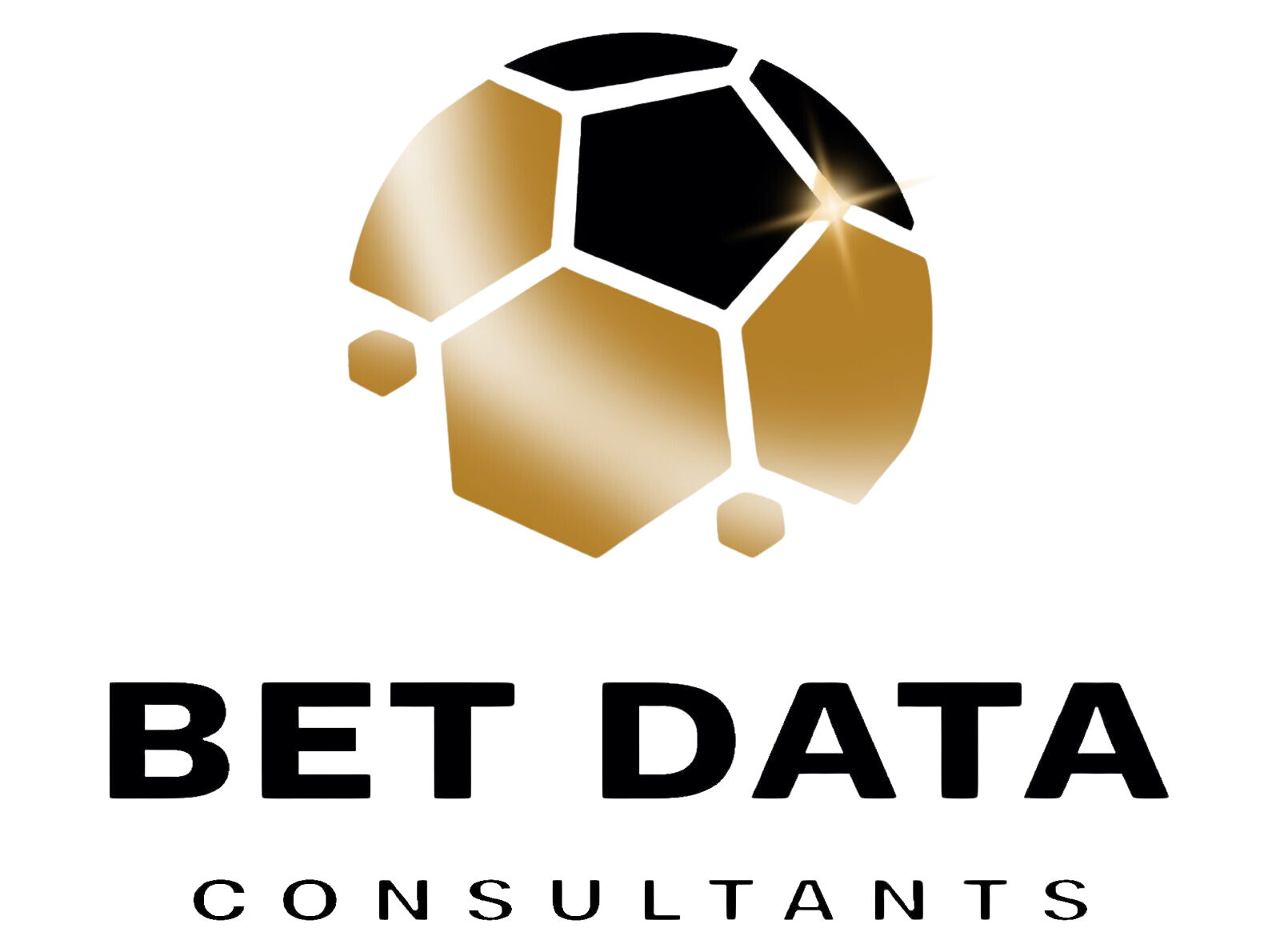
Derek had always been the brightest person in the room. In school, he sailed through exams, consistently rewarded for his ability to solve problems quickly and efficiently. Teachers admired his keen intellect, and his classmates looked up to him.
By the time he finished university, Derek had earned top grades and had multiple job offers to choose from. He selected the iGaming industry, drawn by its fast pace and the potential for quick advancement.
It didn’t take Derek long to climb the corporate ladder. His intelligence was his greatest strength, allowing him to solve operational issues faster than anyone else..
He gained a reputation as the go-to person to “fix it”—whether it was a technical problem, a marketing hurdle, or a complex regulatory challenge. But then, things started to shift.

The Hidden Pitfall of Intelligence
This is where Derek, like many other intelligent leaders, fell into a trap—a trap that modern cognitive science, especially Predictive Processing theory, explains very well. Derek’s brain had become accustomed to years of success, always relying on the same tool—his intelligence—to tackle challenges.
But here’s where it gets intriguing: cognitive biases, like overconfidence bias, frequently cloud the judgment of highly intelligent individuals. Derek was no different.
And as John Vervaeke, a world renowned expert on intelligence and rationality, points out, leaning too heavily on intelligence can actually prevent leaders from developing the rationality required to navigate complex situations.
Research shows that people with high IQs are just as vulnerable—if not more so—to making poor decisions when faced with ambiguous, real-world challenges.
In fact, a 2015 study published in Thinking & Reasoning revealed that individuals with higher cognitive abilities were more likely to succumb to biases like overconfidence, particularly in complex, uncertain environments.
Why? Because their intelligence enables them to rationalize poor choices, making them feel justified, even when the evidence is weak..

Predictive Processing: Why Derek’s Brain Betrayed Him
According to Predictive Processing theory, which is at the forefront of cognitive science and underpins the development of advanced AI systems, Derek’s brain had built a model shaped by years of success..
This model predicted outcomes based on familiar patterns: “I’ve always solved problems this way, so it should still work.” However, as Derek moved into leadership—where decisions are rarely straightforward and success depends on juggling competing priorities—his brain continued to interpret new information through this outdated model, preventing him from adjusting to the complex demands of his new role.

The Price of Overconfidence in Business
Derek’s story is not unusual. In fact, a 2021 McKinsey study found that over 80% of business leaders cited overconfidence in decision-making as a major obstacle to long-term success.
Another study by Harvard Business Review concluded that highly intelligent individuals are more prone to falling into decision-making traps because they often focus on solving the immediate problem rather than considering the broader, messier context.
Why does this happen? It’s simple: intelligence and rationality are not the same.
Intelligence is the ability to solve clear, well-defined problems. Rationality, however, is the ability to make sound decisions in complex, real-world situations where there may not be a single “right” answer.

The Science Behind Smart People Making Bad Decisions
Here’s another surprising insight: research shows that being highly intelligent does not protect you from cognitive biases. In fact, it makes you more susceptible..
A 2019 study in Psychological Science confirmed that individuals with high intelligence scores were better at justifying their decisions, even when those decisions were wrong..
In essence, they become more skilled at convincing themselves (and others) that they are right, even when they are missing vital information..
How to Train Rationality and Avoid Cognitive Biases
So, how can leaders like Derek—and perhaps you—steer clear of these traps? The good news is that rationality can be trained. Here are some evidence-based strategies that have proven effective in enhancing decision-making skills:

Cultivate Cognitive Flexibility: A core principle of Predictive Processing is that the brain is adaptable—it can adjust its predictions when confronted with new information.
Leaders need to practice this flexibility by actively seeking data that challenges their assumptions. Promote independent audits and cross-departmental feedback to question your thinking..

Reflect on Decision-Making Processes: Instead of just focusing on outcomes, evaluate how you arrived at a decision. Ask yourself, “What assumptions did I make? What data did I overlook?” Reflective thinking, supported by studies from the University of Toronto, can reveal hidden biases influencing your decisions.

Diversify Your Perspectives: Surround yourself with people who view the world differently. A 2022 study in Leadership Quarterly found that teams with diverse viewpoints made better decisions and were less prone to biases like groupthink or confirmation bias. Encourage departments within your organization to challenge each other’s ideas.

Reward Long-Term Thinking: Intelligence tends to favor short-term problem-solving, while rationality emphasizes long-term strategic thinking. Adjust your KPIs to reward employees not just for quick fixes but for decisions that support the company’s long-term success.

Unlocking Rationality: The Path Forward
If you’ve read this far, you have two options. The first is to acknowledge that you may have seen similar patterns in yourself or your organization—but choose to continue without addressing this complex issue that not only affects businesses but also leads to broader challenges in .
Or, the second option: recognize that while you may be smart, even the smartest people must keep evolving.
In today’s world, intelligence is often celebrated, but it’s rational leaders who truly succeed. Let us help you become one of them. The choice is yours.
Contact us via LinkedIn or at: info@betdataconsultants.com




